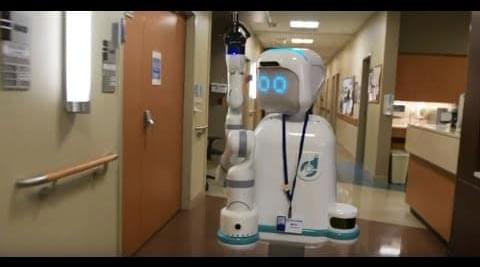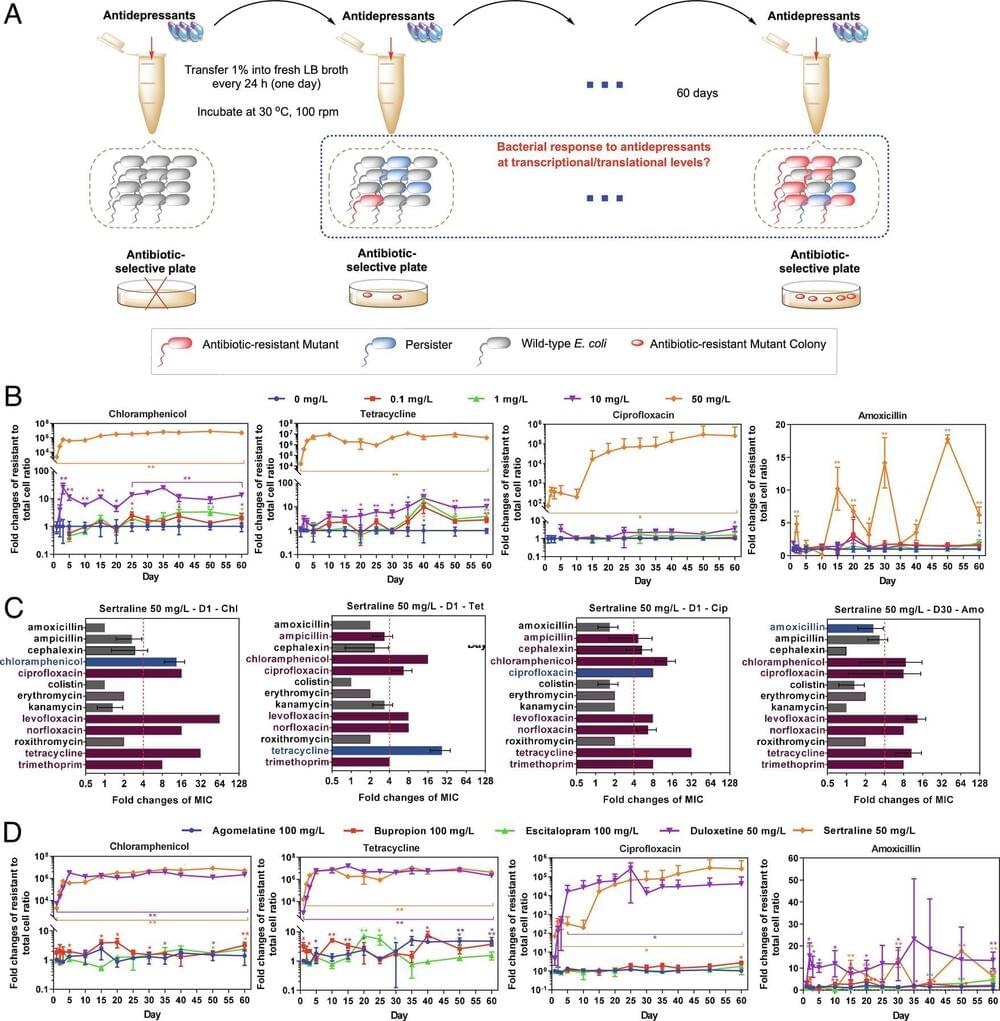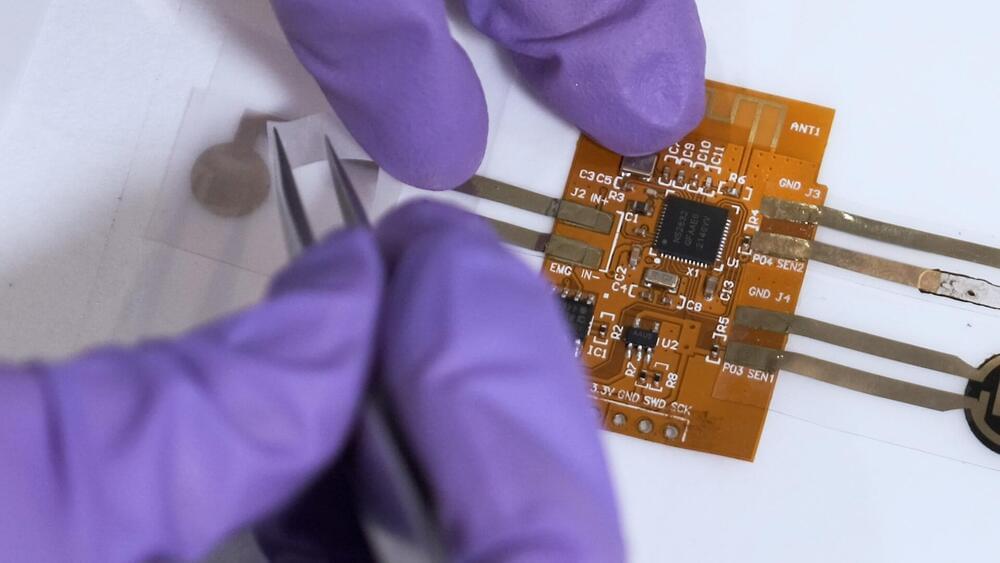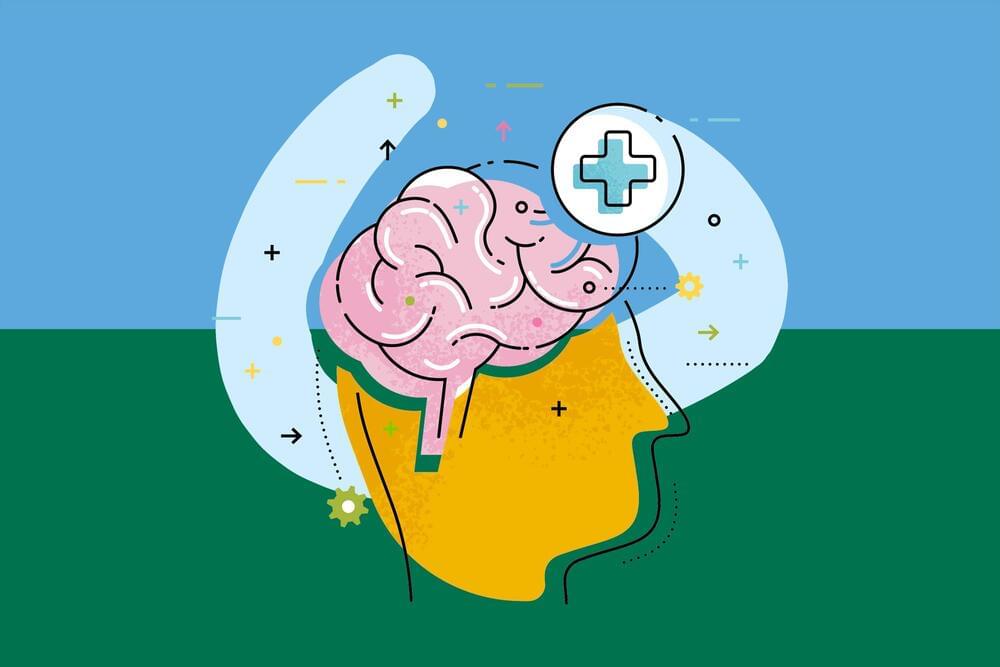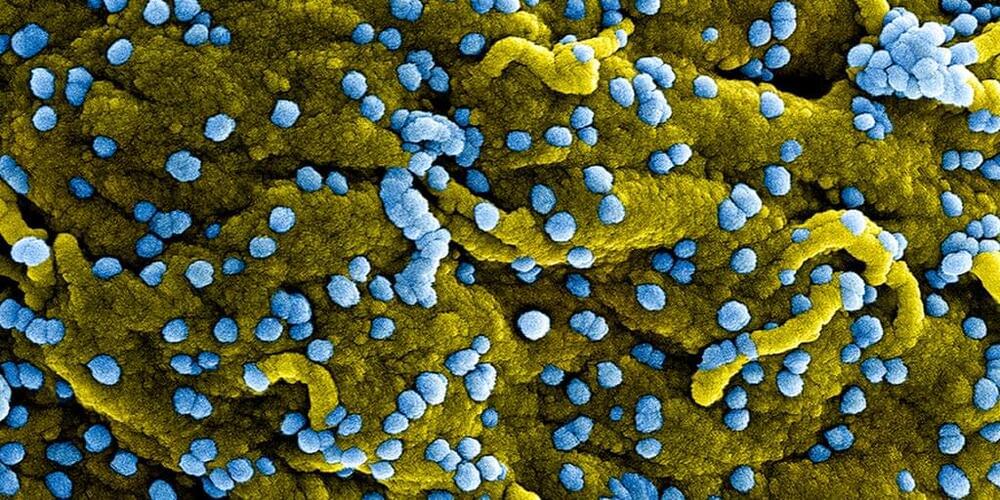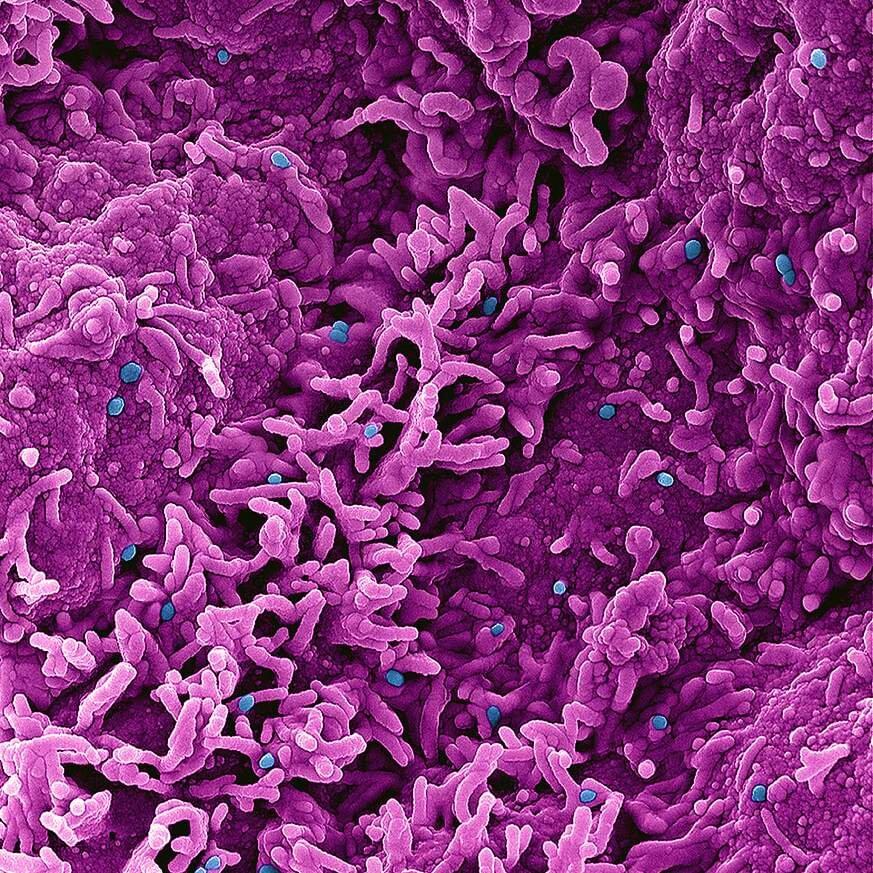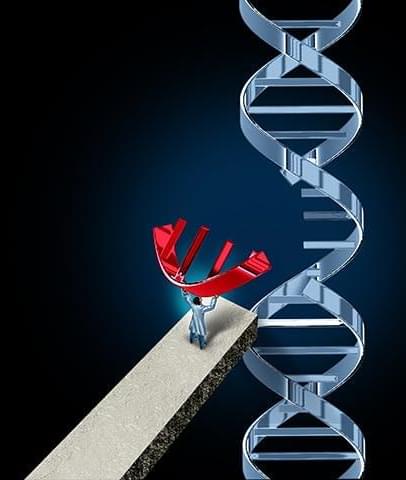Feb 16, 2023
YouTube CEO Susan Wojcicki steps down, will assume advisory role at Google and Alphabet
Posted by Gemechu Taye in category: health
Susan Wojcicki is stepping down as YouTube CEO after nine years at the helm. In a letter to employees (first published by Recode), Wojcicki says that she’s leaving in order to “start a new chapter focused on my family, health and personal projects I’m passionate about.”
“Today, after nearly 25 years here, I’ve decided to step back from my role as the head of YouTube,” Wojcicki wrote. “The time is right for me, and I feel able to do this because we have an incredible leadership team in place at YouTube.”
Wojcicki will be replaced by Neal Mohan, YouTube’s longtime chief product officer. Mohan came to Google with the tech giant’s DoubleClick acquisition in 2007, and — as his responsibilities grew — he was promoted to SVP of display and video ads before assuming his current role in 2015. As for Wojcicki, she says that she’ll take on an “advisory role” across Google and Alphabet, offering counsel and guidance.


